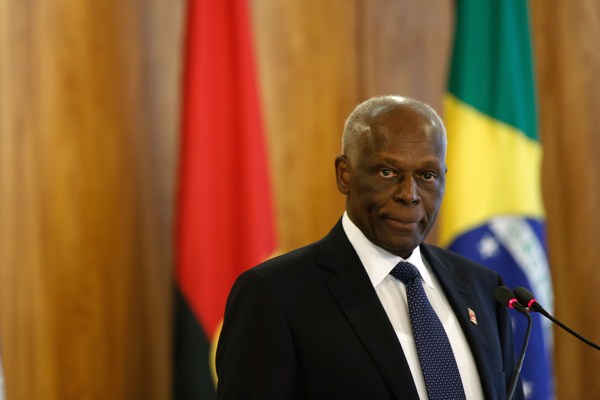Last month, Brazil and Angola signed a Technical Memorandum of Understanding for the Brazilian navy to support the development of Angola’s naval capabilities. Angola will purchase seven Brazilian Macae patrol ships, four of them built in Brazil with Angolan personnel support, and three others in Angola. Brazil will also train Angolan military personnel and build a shipyard in Angola. The agreement is another sign of Brazil and Angola’s strategic partnership, following their 2010 Defense Cooperation Agreement and more recent pacts on naval and aeronautic cooperation. But it also fits into Angola’s broader strategy to secure its maritime borders to safeguard its oil and fishing resources.
Angola’s military authorities first made improving the navy’s capabilities a priority in 2006, when Gen. Agostinho Nelumba, chairman of the joint chiefs of staff, called for a complete naval modernization. Since then, they have followed up with several initiatives. In 2009, Angola announced plans for a National Maritime Surveillance System (SINAVIM) to monitor, control and protect territorial waters against illicit activities. As planned, SINAVIM will include a monitoring component—with short-, medium- and long-range radars, data-processing centers and four regional centers distributed along the Angolan coast—and an operational component comprised of naval and aerial assets, including unmanned aerial vehicles. Although the Angolan government has yet to set a target date for acquiring and installing the necessary systems, when it becomes fully operational, SINAVIM will also support the Maritime Organization of West and Central Africa (MOWCA), a regional partnership that promotes shipping and security, according to Minister of Transportation Augusto da Silva Tomas.
In addition to Brazil, Germany has also shown interest in supporting Angola’s naval modernization. In 2011, German Chancellor Angela Merkel authorized the sale of eight patrol ships to allow Angola to participate in United Nations peacekeeping missions in Africa, despite some opposition in Germany to the deal due to corruption suspicions hanging over the Angolan regime. Three years later, however, Angolan President Jose Eduardo dos Santos has yet to make a decision on the German bid, probably due to ongoing negotiations over a bilateral defense cooperation agreement. That agreement is likely to be signed in November during a visit of the Angolan defense minister to Germany, which could clear the way for the patrol ship purchase.

